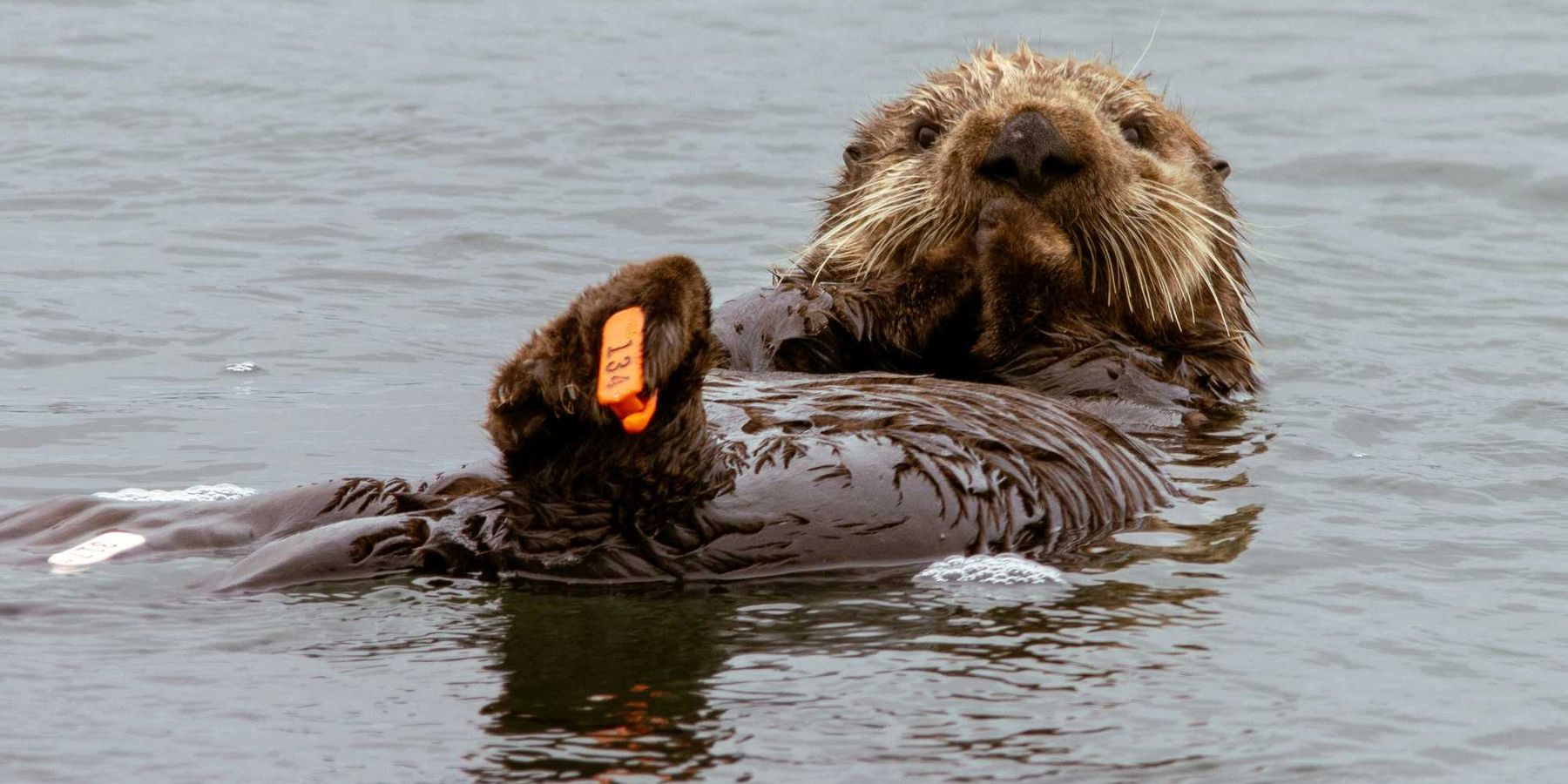Big oil companies fail climate goals and profit from war
Oil majors are falling short of Paris Agreement climate targets while benefiting from global conflicts, a new report reveals.
Stella Levantesi reports for DeSmog.
In short:
- Eight major oil companies are using 30% of the remaining carbon budget for limiting global warming to 1.5°C.
- These companies plan to increase oil and gas production, leading to a projected temperature rise of over 2.4°C.
- They are also implicated in fueling military conflicts, particularly by supplying crude oil to Israel amid its war crimes allegations.
Key quote:
“If an oil and gas company were serious about transitioning its business model, the first step would be ending all new production and then setting a Paris-aligned phaseout plan.”
— David Tong, global industry campaign manager at Oil Change International
Why this matters:
As geopolitical tensions drive up energy prices, oil majors are reaping substantial profits. The windfall from conflicts, such as the ongoing strife in Ukraine, has filled the coffers of these companies, enabling them to report record earnings. This financial boon contrasts sharply with their lagging progress on emissions reductions and investment in sustainable energy sources.













